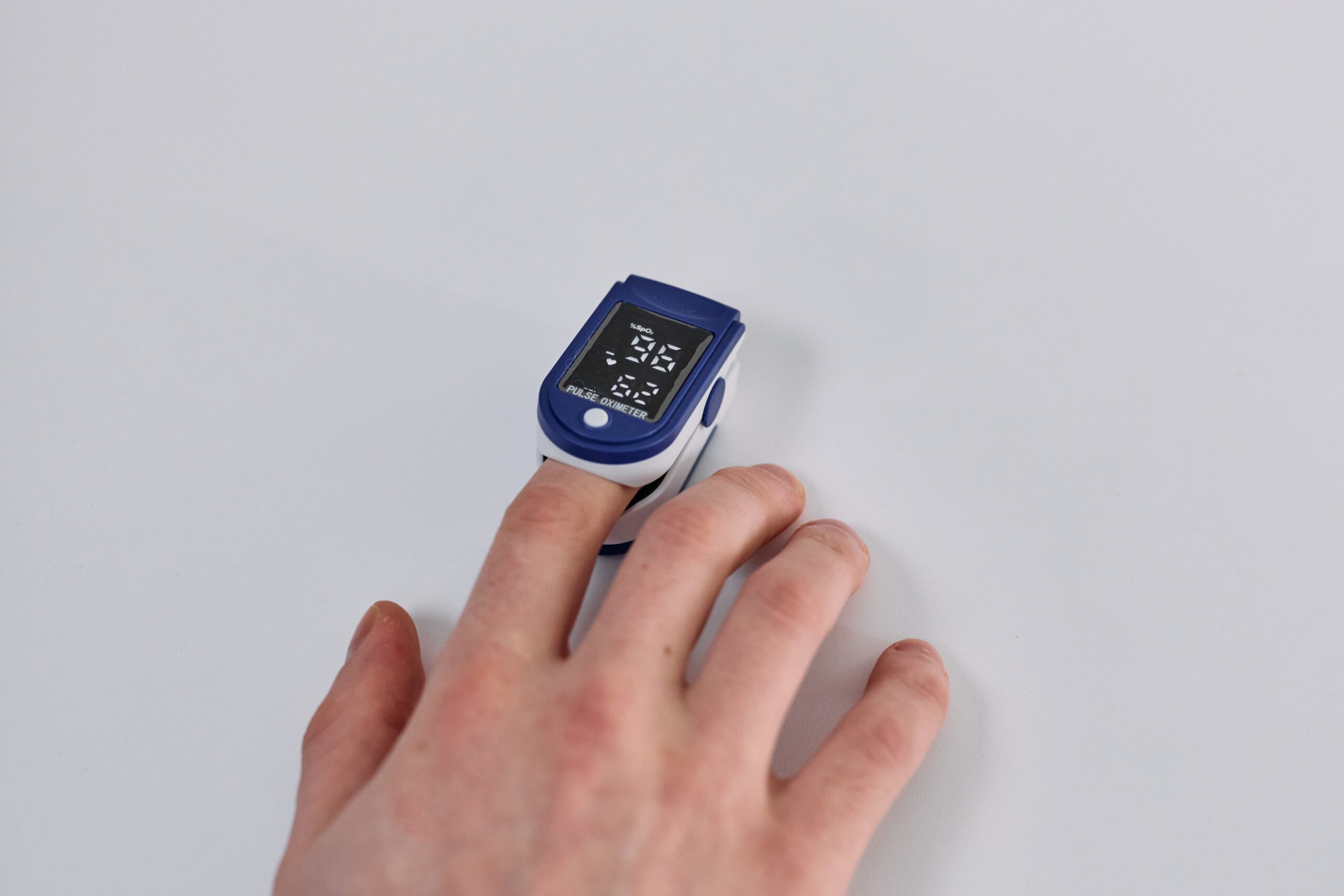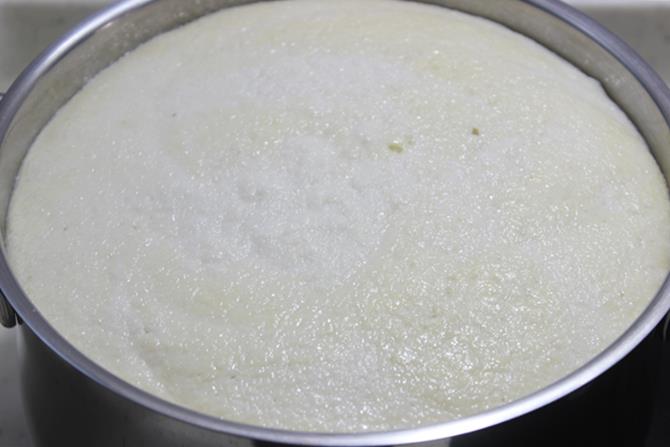The quest for clear, smooth, radiant skin can feel like an uphill battle at times, especially when dealing with hard-to-control variables like pollution and fluctuating hormones.
Kate Kasbee
Ask any celebrity about the secrets to a smooth, dewy complexion and you’re likely to hear, “Drink water and get plenty of sleep!” While hydration and rest can work wonders for your skin, most of us require a little bit more TLC to achieve a flawless face.
An estimated 85 percent of young people between the ages of 12 and 24 are plagued by breakouts – whether it’s pimples, congested pores, blackheads, or all of the above. As we get older, the worries over blemishes don’t end. The number of adults that struggle with acne is increasing, affecting up to 15 percent of women. Add fine lines, wrinkles, and dark circles to the mix and it’s no wonder the average American woman spends up to $300,000 on face products in her lifetime.
The quest for clear, smooth, radiant skin can feel like an uphill battle at times, especially when dealing with hard-to-control variables like pollution and fluctuating hormones. This can make it all the more frustrating to see models like Kendall Jenner and Jaime King look amazing even without makeup. While genetics have a lot to do with their perfect complexions, these celebs also have access to a crew of beauty professionals brimming with knowledge about the best acne treatments, face masks, and eye creams for every skin type.
Of course, having a makeup artist and facialist on speed dial is unrealistic for most of us. So, we asked a few people with great skin about their biggest skincare secrets. Here are seven simple tips for getting an Instagrammable complexion – no filter required.
1. Cut back on sugar
You’ve heard it dozens of times – sugar isn’t great for you. In addition to weight gain, cavities, and diabetes, eating or drinking too much sugar can lead to skin issues. When you consume sugar, it causes your insulin levels to spike, which creates inflammation in the body. Inflammation produces enzymes that break down collagen and elastin, contributing to sagging skin and wrinkles. In addition to aging your skin, sugar can also make conditions like acne and rosacea worse.
“Our diet can really impact our skin health,” explains Dana Sivak, a registered dietitian in Chicago. She says cutting back on sugar helped improve the tone and texture of her complexion. “Watching my sugar intake throughout the day so it doesn’t exceed the recommended 25 grams can be challenging, but I notice my efforts paying off when my skin remains healthy.” Start small by swapping white bread, pasta, and rice for whole grains. Read food labels to look for sugar hiding in “health foods,” like pasta sauce, salad dressing, and granola.
2. Look to supplements for hormonal balance
Katie, a 30 year-old blogger in California, never struggled with acne as a teen. But as she approached her late twenties, she began to get cystic acne around her mouth and chin. “I stopped taking birth control and my hormones went haywire,” Katie explains. “I tried so many different cleansers, serums, moisturizers, and oils to get my acne under control, but nothing worked.”
After a year of battling painful acne with no success, Katie turned to supplements to treat her sensitive skin from the inside out. After filling out a survey by HUM Nutrition, Katie began taking Gut Instinct™, a potent probiotic, Daily Cleanse™, which contains organic algae and cleansing minerals, and Red Carpet™, a supplement with black currant seed oil – a source of ALA and GLA shown to maintain hormone balance. “Within two weeks my cystic acne was completely gone,” says Katie. “At this point it’s been a month and my skin has improved so much. I’m floored by how taking supplements has transformed my complexion.”
Katie’s friend Rachael also relies on supplements to promote a healthy complexion. “I take collagen gummies and prenatal vitamins every morning to help with my skin,” she explains. Rachael started paying closer attention to her skin two years ago after moving to the desert. “My oily skin started to dry out and break out, so I had to set up a routine to keep it moist.” In addition to supplements, Rachael credits her dewy complexion to a regular morning and evening skincare routine along with LUSH Don’t Look at Me face masks twice per week.
3. Use vitamin E to rejuvenate your skin
While hard to resist, it’s not a good idea to pop your pimples or pick at your skin during a breakout. Doing so actually tears your skin and can leave a scar that lasts way longer than a pimple ever would have. That’s exactly what happened to Andrew, a 33 year-old musician, who battled breakouts as a teen. “I had really bad acne on my nose and cheeks in high school,” says Andrew, “I picked at my face a lot and it left some pretty bad scars.”
Andrew, who now has a clear complexion and barely-there acne scars, credits vitamin E and Korean sheet masks for his even skin tone and smooth texture. While there’s little evidence that vitamin E heals acne scars, it can help regulate the production of collagen and elastin. By blocking free radicals, vitamin E reduces wrinkles and keeps your skin looking youthful.
While vitamin E has many beauty benefits, this miracle serum should be used with caution. If you’re prone to breakouts, it could make your blemishes worse. Talk to your dermatologist before incorporating it into your skincare routine.
4. Drink enough water
There’s truth behind the blanket statement celebrities give about maintaining a clear complexion. “Hydration is a key factor,” says Sivak. “Women should aim to drink about nine cups per day.” Staying hydrated helps flush toxins from the body that can accumulate and cause acne. And, because the skin is made of 64 percent water, hydrating will help keep your complexion from becoming dry, tight, and flaky. Hydrated skin is more resilient than dry skin and is less prone to wrinkling.
5. Establish a nightly skincare routine
Gone are the days of falling asleep before washing your face. For a flawless complexion, it’s important to establish an evening skincare routine that cleanses, nourishes, and moisturizes your skin. Ideally, a nightly skincare routine will include using makeup remover, a gentle cleanser, toner, and moisturizer.
“I use Image Vital C Hydrating Facial Cleanser and splurge on Creme del La Mer Facial Moisturizer before bed,” says Katie. “I tend to use sheet or clay masks more in the summer months when I’m sweating more and traveling.” Katie takes a preventative approach to her nightly skincare routine to thwart blemishes and the signs of aging. “I never used to wash my face before bed,” says Katie. “Now I see it as a form of self care, rather than a chore.” She uses Kate Somerville Anti Bac™ Acne Clearing Lotion and InstaNatural Retinol Serum on alternating nights to minimize blackheads and promote healthy collagen production.
6. Give skincare products a chance to work
If you’re anything like me, you’re always looking to try the latest best sellers and new arrivals in skincare. It can take some trial and error to find products that work for you, but constantly switching up your night cream, face oil, and acne treatment doesn’t give the products a chance to produce visible results.
You need to use most products for at least a month to see a difference, since average cell turnover is 28 days. Serums, like vitamin C and hyaluronic acid, can take up to six to eight weeks to brighten your complexion. Retinol in particular is known to cause redness and peeling at first, which many people mistake as an allergic reaction. They throw the product away before giving it a chance to work its magic to bust acne, reduce scarring, and minimize the signs of aging.
When you find a product that works, stick with it. At 65 years old, Carole has maintained a youthful complexion without the use of fillers, lasers, or serums. Her anti-aging secret? She has used the same skincare products for decades. “I wash my face with Mary Kay cleanser and follow up with Mary Kay moisturizer every morning,” says Carole. “I’ve used Mary Kay since I was 22.”
7. Use sun protection every morning
Sun care isn’t just for beach days. Even if you work indoors, you’re still exposing your skin to harmful UV rays during your commute that can cause dark spots, wrinkles, and worst of all, skin cancer. Unfortunately, the SPF built in to your makeup isn’t enough to provide anti-aging protection. Dermatologist Leslie Baumann told WebMD, “You need seven times the normal amount of foundation and 14 times the normal amount of powder to get the sun protection factor on the label.”
After cleansing and moisturizing your face, liberally apply broad-spectrum sunscreen with zinc oxide all the way up to your hairline and down your neck. Allow the sunscreen to soak in for a few minutes before putting on your makeup. “After applying vitamin C serum I use Coola Moisturizing Face Sunscreen SPF 30 followed by Benefit Hello Flawless Oxygen WOW Brightening Makeup,” says Katie. “My foundation has SPF 25 so I feel like I’m really protecting my skin.”
To touch up your SPF throughout the day without messing up your foundation, try a face mist. A thorough coating of Supergoop Defense Refresh Setting Mist SPF 50 will lock in your morning makeup while providing added sun protection.
This article was originally published at 7 Things You’re Not Doing for Your Skin But Should





